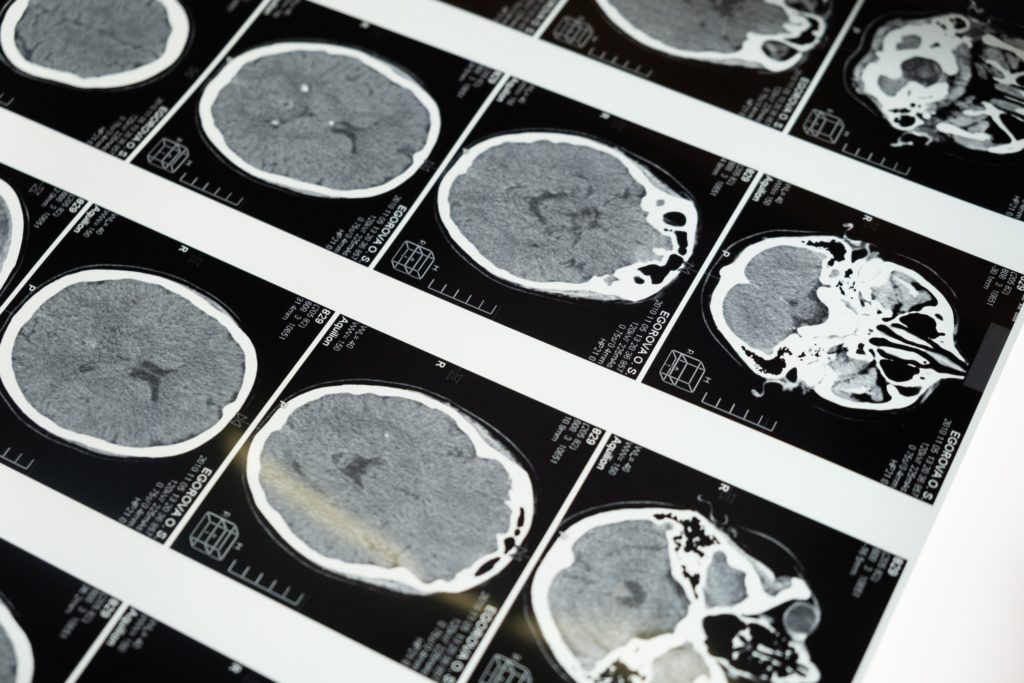Magic mushroom compound increases brain connectivity in people with depression
“For the first time we find that psilocybin works differently from conventional antidepressants — making the brain more flexible and fluid, and less entrenched in the negative thinking patterns associated with depression,” says Imperial College London researcher David Nutt.
A new brain imaging study found that psilocybin increases brain network integration, whereas a common antidepressant, escitalopram, had no impact on brain network organization.
fMRI scans showed that psilocybin reduces activity in the default mode network (DMN), a region associated with introspection that’s often overactive in patients with depression, causing negative fixations about one’s self and the future.
The DMN became more connected with other regions like the salience network and the executive network, which are often impaired in patients with depression (as well as autism and OCD).
Essentially, this helps “open up” the brain, breaking rigid and restrictive patterns.
These findings may explain why psilocybin outperformed escitalopram in treating depression.

